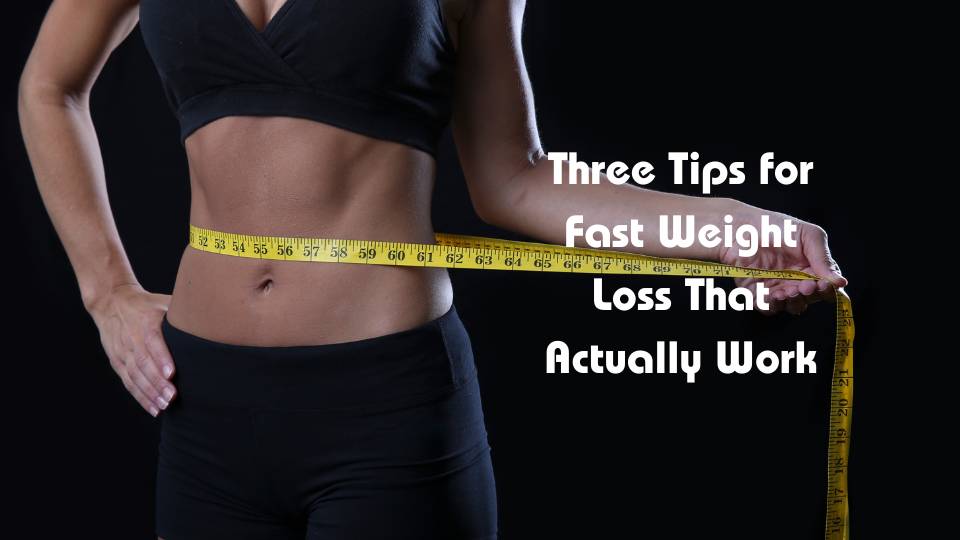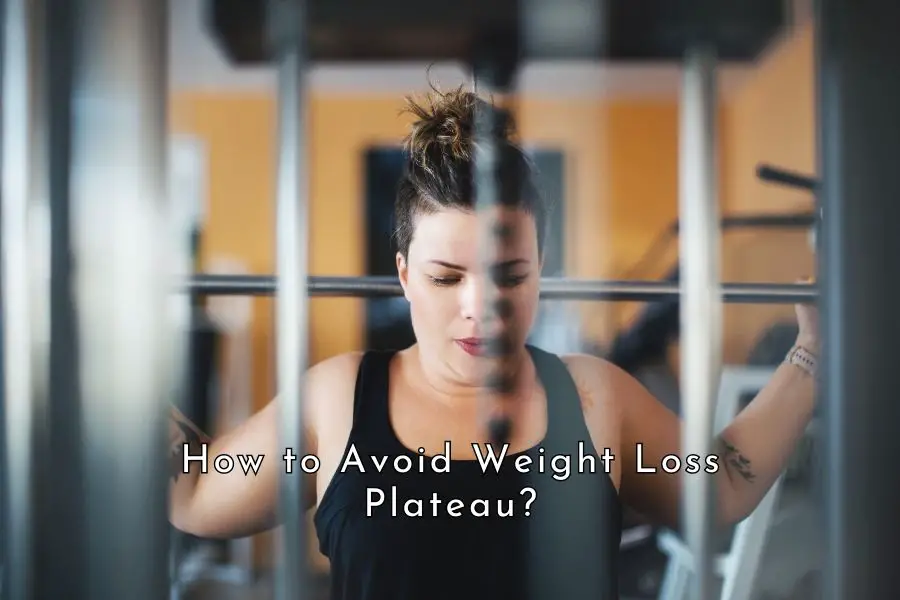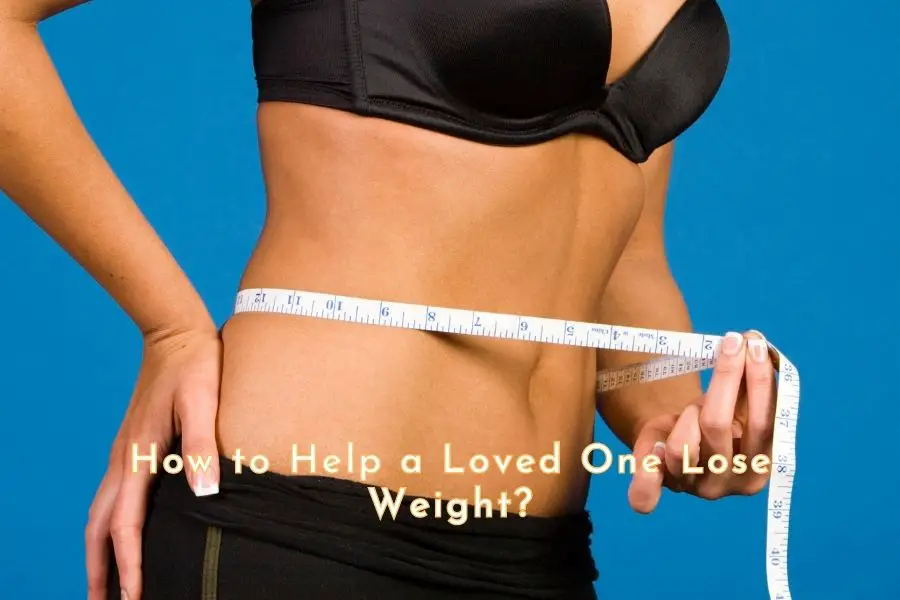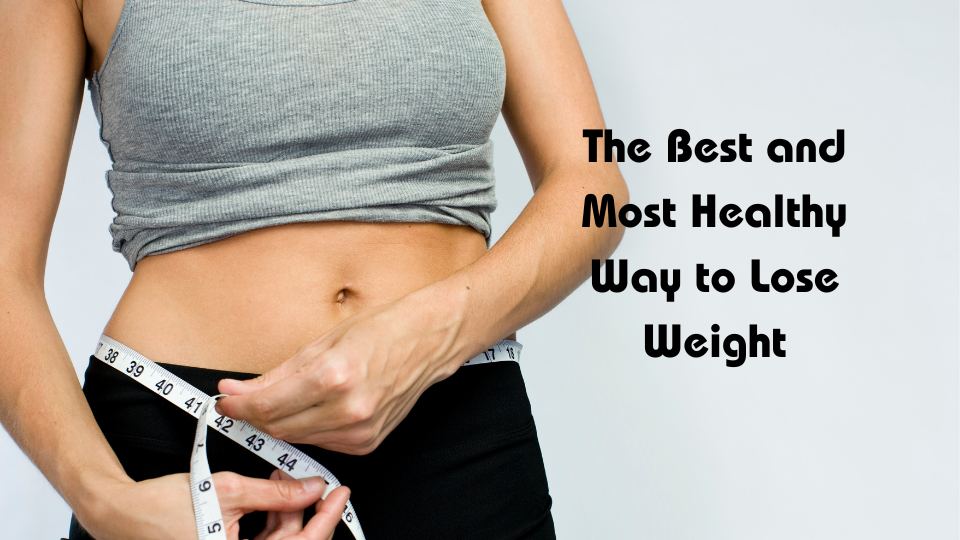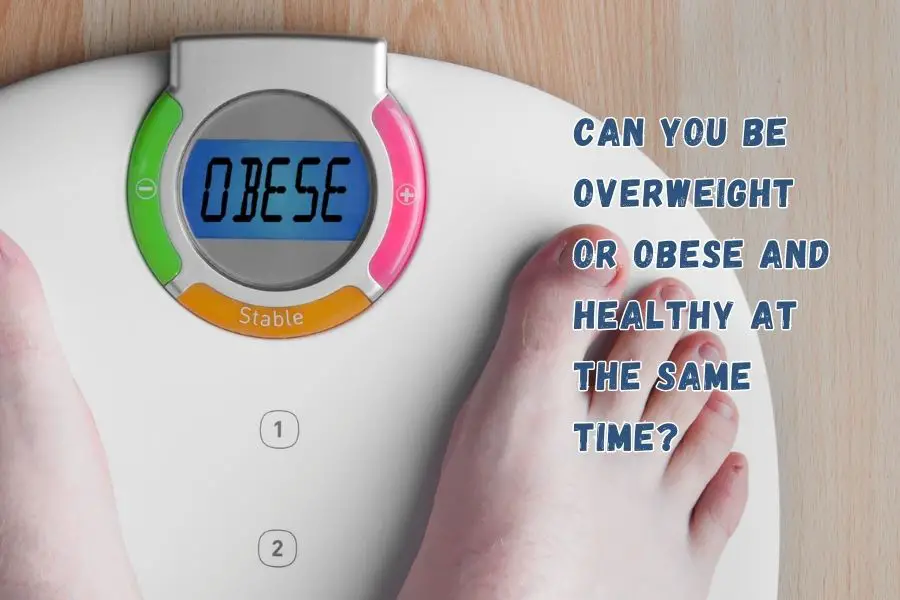If you have been struggling to lose weight or hit a weight loss plateau after some initial success, check out three strategies below that are backed by science and have the potential to help you lose weight fast but in a healthy way.
1. Go High Protein, Moderate Fat and Low Carbs
Technically, you can lose weight fast on any diet as long as you maintain a substantial calorie deficit, but what you should aim for is a healthy diet that help you lose weight and maintain that weight loss in the long run. In my opinion, the best diet for fast weight loss is one that is high in good quality protein, low in fat and low in carbs or even zero carbs and this strategy is backed by solid evidence.
Why Go High Protein?
A high protein diet can help you lose weight faster because:
- Protein is low in calorie. For example, a 100-gram serving of lean steak has 117 calories compared to 261 calories per same serving of white bread. In addition, many carbs-rich foods (e.g. muffins, cakes, pizzas, donuts, etc.) are extremely high in calories due to their high fat content as well [1, 2]
- Protein has a high satiety level because it suppresses the hunger hormone, ghrelin, while increasing the satiety hormone. This is especially helpful in controlling your total calorie intake and supporting your weight loss goals because it doesn’t make you feel like starving all the time. Try eating a large steak and a large plate of pasta and you’ll find that you can feel full for a very long time after the steak meal with a stable energy level, but want to eat something shortly after the pasta meal
- Protein has a much higher thermic effect compared to carbs and fat, that is your body uses a lot more energy just to digest protein compared to carbs and fat. In particular, your body uses up 15-30% of calories consumed to digest proteins compared to 5-10% to digest carbs and 0-3% to digest fat [3]
- Protein helps build muscle which can improve your metabolic rate and support weight loss. Muscle is an active organ. When at rest, muscle burns more calories than fat and other tissues. The resting metabolic rate of skeletal muscle is 12.6 compared to only 4.4 for adipose tissue and 11.6 for most other tissues. In short, the more muscle you have, the more calorie you will burn when at rest and this is exactly what you want when you are trying to lose weight. [4]
This is the reason why many people on the carnivore diet (which is very high in protein) find that they lose weight fast and lose weight naturally without much effort.
When you eat a high protein diet especially one with good quality animal protein, you will feel nourished and satiated and don’t need to eat as much nor as often. You don’t need to count calories but your net calorie intake will reduce and you will lose weight as a result.
Why Go Low Carbs or Zero Carbs?
You can certainly lose weight on a high carb diet if you severely restrict calorie intake, however, a low carb or even a zero carb diet is a much better option for fast weight loss for the following reasons:
- Carbohydrates have a low satiety level and that can lead to over-consumption and higher calorie intake, so going low carbs will reduce your calorie intake and help you lose weight
- Carbohydrate-rich foods are often high in calories due to the added sugar and fat used to enhance flavors, therefore, cutting out carbs will help reduce your overall calorie intake
- Carbohydrates trigger insulin release and promote fat storage and replacing carbohydrates with protein and fat will help your body burn off stored fat instead of storing fat
- Carbohydrates are not as a good source of fuel as fat and going low carbs is a much healthier way to lose weight
- Low-carbs diets have been found to support weight loss as well as improving a number of health conditions.
1. Carbohydrates have a low satiety level
When we eat carbohydrate-rich food, we can eat a lot and can eat more often compared to when we eat just meat. This will make it hard to control calorie intake and, consequently, make it very difficult for our body to burn off stored fat.
Carbohydrates, whether they are in complex or simple forms, all convert to sugar which is then absorbed into the bloodstream resulting in a sugar spike. This sugar spike or sugar high is what makes us feel a sudden burst of energy after a carbs-rich meal.
Our brains also release dopamine, a neurotransmitter that gives us the feeling of pleasure, reward, and motivation. The more sugary and carbs-rich foods we consume, the more dopamine is released and the more sustained the feeling of pleasure, reward, and satisfaction we have. This is exactly why we tend to over-consume carbs-rich foods. We just can’t seem to stop with just one slice of cake, one donut, or one cookie after a meal.
When our body senses a rise in blood sugar after a carbs consumption, it will immediately release insulin to lower blood sugar to a desired level and, a few hours later, we will experience a sugar crash and want to eat again.
From an evolutionary perspective, it is easy to understand why we tend to overeat carbs if they are available. Throughout human evolution, carbs-rich food was hard to come by, therefore, the human brain is programmed to “eat as much as you can in time of abundance” and store excess calories as fat. This helps us prepare for lean times and improves our chance of survival. [5]
While our ancestors’ access to carbs was restricted by nature, today most of us in the developed world have easy access to sugar-laden and carbs-rich foods 24/7 and that is exactly what makes us so fat and sick. Evolution is slow and the human body has not yet adapted to this change in food environment. Our brains still tell us to load up on calories to prepare for famine time that never comes.
Therefore, if you want to lose weight, you need to stay away from carbs which are extremely addictive. Replacing carbs with protein, which has a much higher satiety level, will help you control your calorie intake without feeling like you are starving all the time.
2. Carbohydrate-rich foods are often high in calories
While one gram of carbohydrates and one gram of protein delivers the same number of calories, when we eat carbs-rich foods, we often don’t eat them by themselves. Many people can eat just grilled steak or pan-fried fish for days without any issue but who would eat just plain brown rice, boiled potatoes or plain wholewheat pasta?
Fat, oil, meat, sauce, and seasonings are often added to plant-based foods to enhance flavors and entice our appetite. And, as a result, carbohydrate-rich foods (e.g. pasta with sauce, pizza, donuts, bread) often have a much higher calorie content than protein-rich foods like beef, lamb, pork, chicken or eggs. [6]
3. Carbohydrates trigger insulin release and promote fat storage
As mentioned above, carbohydrate consumption will lead to an increase in the blood sugar level which cause insulin release that enables cells to access glucose.
The more carbs you eat, the more insulin is released and the more your body converts excess carbs into stored fat. In such a situation, your body won’t have the opportunity to burn off stored fat, making it extremely difficult to lose weight. [7]
4. Carbohydrates are not as a good source of fuel as fat
Although not essential, carbohydrates can be used as a source of energy. However, carbohydrates are not as a good source of energy as quality fats.
Excessive carbohydrate consumption has been found to be positively associated with an increased risk of metabolic syndrome, a condition characterized by disturbed glucose and insulin metabolism, central obesity, dyslipidemia, and hypertension. [8, 9]
For decades, we have been advised to avoid saturated fats and replace them with carbohydrates and polyunsaturated fats because “fat makes us fat”. However, what we eventually experienced at a great health cost is the opposite: the increase in carbohydrate consumption turns out to be the causative dietary factor for the obesity epidemic in the US. [10]
… the advice to increase carbohydrate intake seemingly made things worse, with an increase in its consumption (mainly corn syrup) paralleling the increased incidence of diabetes and obesity in the USA… fat was not associated with type 2 diabetes when total energy intake was accounted for, and the intake of saturated fat in the USA during this time was also not on the rise… These data provide a strong argument that the increase in the consumption of refined carbohydrates was the causative dietary factor for the diabetes and obesity epidemic in the USA.
DiNicolantonio (2013)
In addition to increased risks of a number of health conditions, carbohydrate-rich foods are mostly from plant sources and come with plant toxins.
Because plants can’t run, to defend themselves they produce toxins or natural pesticides in leaves, stems, fruits, seeds and roots that deter their predators.
Plant toxins, which can be found in abundance in all plant foods that you find at the grocery stores, have been linked to many health problems including bloating, headaches, rashes, nutritional deficiencies, gut issues, and autoimmune conditions. [11, 12, 13]
5. Low-carbs diets have been found to support weight loss as well as improving a number of health conditions
Low-carbs or ketogenic diets have been used for many decades as a successful way to manage epilepsy and treat obesity. There is a substantial body of evidence that low-carbs diets are an effective weight loss therapy as well as offer benefits to a number of health conditions, including: [14, 15]
- Cardiovascular disease
- Type 2 diabetes
- Epilepsy
- Polycystic ovary syndrome
- Cancer
- Neurodegenerative conditions
- Alzheimer’s disease
- Parkinson’s disease
- Brain trauma.
Why Go Moderate Fat?
When you go on a high protein and low carb diet to lose weight, you do need to have some fat in your diet for fuel.
While you can certainly lose weight on a high protein and high fat diet, a high protein and moderate fat diet is better for fast weight loss.
Given the fact that fat is extremely calorie-dense (a gram of fat delivers 9 calories compared to 4 calories per gram of protein or carbs), keeping your fat intake at a moderate level can help you reduce the total calorie intake and force your body to burn off more stored fat to function.
The best sources of fats are ruminant fats like beef or lamb fats because they are physiologically suited to our bodies, have better fatty acid profiles, and are free from anti-nutrients.
A high protein and moderate fat diet is very easy to follow. All you need to do is to eat the meat that you get from the grocery stores. Apart from fatty cuts like rib eye, lamb ribs, or pork belly, meat in grocery stores is generally pretty lean already which is great when you are trying to lose weight.
In summary, in my opinion, a high protein and moderate fat and low carb or zero carb diet is the best diet for fast and healthy weight loss.
2. Switch Up Your Exercise and Diet
If you have been following a high protein and moderate fat diet but are yet to reach your ideal body composition, switching up your exercise and diet can increase your metabolic rate and help you lose weight faster.
Why Switching Up Exercise Helps You Lose weight
Switching up your exercise program regularly can help you lose weight and combat weight loss plateau.
If you never exercise before, you’ll burn calories like crazy if you, for example, join the gym for the first time, start running, or learn a combat sport.
However, after a period of time, your body will get used to this new active lifestyle and, even though you may exercise for the same period of time and doing exactly the same activity, the number of calories you burn per training session will begin to decline and eventually stabilize.
A study found that, when sedentary women were trained to run half marathons, they initially burned a lot more calories. However, after weeks of training, despite running 40 km per week, their daily calorie expenditure was not substantially different from before their training. Similarly, another study found that marathon runners, who ran for 42.6 km daily six days per week for 140 days across the USA, gradually burned less calories as the race went on. They initially burned 6,200 calories a day at the start of a race, but that dropped to 4,900 calories at the end of the race (a 21% drop), despite covering the same distance. [16, 17]
I think this phenomenon has got to do with how our brain works and consumes energy.
When you first take up a new exercise (for example, joining the gym, playing football or learning to dance for the very first time), you will find that you are both mentally and physically exhausted. Your brain is busy forming new connections and new projections. You are rewiring your brain to some extent and this process requires a lot of energy. Despite accounting for just 2% of total body weight, your brain uses up around 20% of total energy expenditure.
Over time, because those new neural connections become well established and your new physical activities have now become somewhat autonomous, your brain doesn’t need to use as much energy as it initially does. Hence, your total calorie expenditure declines even though you may be doing exactly the same thing.
This is why the Hadza, a traditional hunter-gatherer society living in Tanzania, despite being about 5 to 10 times more physically active than typical Westerners, are found to burn roughly the same amount of calories daily as Westerners with a sedentary lifestyle. [18]
The Hadza have to go about on foot daily to hunt and gather food using primitive tools but, because these activities have become second nature to them, they don’t need to burn a lot of calories doing so.
In order to combat this phenomenon and achieve your weight loss goals faster, you just need to regularly switch up your exercise program, for example, try something you haven’t done before, change the number of reps and intensity, or mix and match.
Once you feel comfortable with a new exercise routine, you know it’s time to modify again. This will keep your exercise interesting, help you burn more energy as well as improve your brain function.
Why Switching Up Diet Helps You Lose weight
Not only switching up exercise but switching up diet can also help you lose weight faster and prevent weight loss plateau.
If you’ve been losing weight steadily, you have successfully managed to maintain a consistent calorie deficit. However, a consistent calorie deficit over a long period of time also signals to your body that there is a shortage of calories that threaten its survival. Your body will begin to conserve energy and adapt to a lower calorie intake. Your metabolic rate will decline and your weight loss, therefore, will begin to slow down and then stop eventually. [19]
I think the solution is simple: you may need to deliberately eat a lot more than usual once in a while to signal to your body that it is in the state of abundance of energy and that can prevent your metabolism from slowing down.
For example, if you have been intermittent fasting and only eating twice a day in a four-hour window, perhaps, once a week, you can eat three times over a 12-hour window and eat until you are full. You would still be able to maintain an overall calorie deficit for that week but maybe not for that particular day and that can help with your weight loss effort in the long run.
3. Water Fast to Kick Start Your Weight Loss
When you are fasting, there is no calorie coming in so your body must burn off stored fat to keep all of its systems functioning properly and hence resulting in more rapid weight loss.
While fasting sounds crazy and get frowned upon by many healthcare professionals, that is the way our ancestors used to live, they were hunter-gatherers who had to go through extended periods of time without food. Our ability to store fat and use fat for energy reflects this evolutionary fact. Three meals a day plus snacks is a very recent invention that has no scientific basis. Even the Ancient Romans reportedly had only one substantial meal a day, usually consumed at around 16:00 and they believed that eating more than once per day was unhealthy and a form of gluttony. [20]
Doing a water fast for a few days or more can lead to significant weight loss and is a great way to kick start your journey to reach your desired body composition. However, fasting is obviously not a sustainable way to lose weight. While you can do a periodic water fast every now and then, you will need to get your diet right for maintainable and healthy weight loss in the long run.
Water fasting under appropriate supervision is safe and can offer many health benefits including weight loss, increased life span, anti-aging effects, and improved health conditions including obesity, diabetes mellitus, cardiovascular disease, cancers, and neurological disorders. [21, 22, 23, 24]
The longest supervised fast on record is 382 days and achieved by Angus Barbier, a grossly obese man weighing 456 pounds. Angus was given daily vitamin supplements during the entire fast and potassium and sodium supplements for parts of the fast. He was allowed to drink non-caloric fluids as much as he liked. By the end of the fast, he had shed 276 pounds (125 kg) and improved many health markers. Five years after the fast, his weight remained around 196 pounds. [25]
Buchinger Wilhelmi, a fasting clinic based in Germany, has been offering therapeutic fasting programs for over 100 years. Their current fasting programs last from 3 days to 28 days with options to extend. Participants in their programs experienced significant reductions in weight, abdominal circumference, and blood pressure. [26]
Whether you should try out fasting to kick off your weight loss process or break out a plateau depends mainly upon three factors:
- Your health status, in particular, whether you have any underlying health conditions that would make fasting harmful
- Your nutritional status, i.e. whether you are under-nutrition despite being overweight or obese
- Your fat reserve, obviously, the more fat reserve you have, the longer you can fast safely without losing your muscle mass.
Although fasting is generally safe, it is best to do it under supervision. Get an overall check up. Tell your doctor about your fasting plan and whether it’s okay to go ahead and what you should look out for during the process. And most importantly, listen to your body and stop your fast if you don’t feel right. It’s better to have a healthy body that you are not entirely happy with than having a severely damaged body and ending up in the hospital.
If you decide to go on a water fast, please check out our in-depth guide which cover the most important questions you may have on this topic, including:
- What happens in your body during a long fast?
- What are the health benefits of fasting?
- How long should you fast for?
- When should you start the fast?
- What should you eat before the fast?
- What to drink during the fast?
- How much fluid do you need a day?
- Should you supplement during the fast?
- What do you expect to feel during the fast?
- How to deal with the first few difficult days of a long fast?
- Should you exercise during the fast?
- What records should you keep during the fast?
- When should you break the fast?
- How to break your fast safely?
- How often should you fast?
- Who should not fast?
If you’ve never fasted for a few days before, remember to start slowly (for example, a couple of times a week, try to eat just one meal a day and fast for 23 hours) and build it up gradually.
Conclusion
Three strategies that can help you lose weight fast and in a healthy way are:
- Go on a high protein, moderate fat, and low carb or zero carb diet
- Switch up your diet and exercise program regularly
- Go on a periodic water fast.
If you want more tips on healthy and sustainable weight loss, please check out this post which covers 15 tips to lose weight fast with the carnivore diet.
Other posts you might be interested in
How to Carnivore Diet While Traveling – All Things Carnivore
The Best and Most Healthy Way to Lose Weight and Keep It Off
How to Lose the Last Few Pounds on the Carnivore Diet?
How to Avoid Weight Gain During the Holidays
Is Carnivore the Best Anti-Aging Diet Around?
Is the Carnivore Diet Unhealthy Long-term?
11 Common Carnivore Diet Mistakes
Disclaimer: The information in this post is for reference purposes only and is not intended to constitute or replace professional medical advice. Please consult a qualified medical professional before making any changes to your diet or lifestyle. Please check out our disclaimer for more detail.

